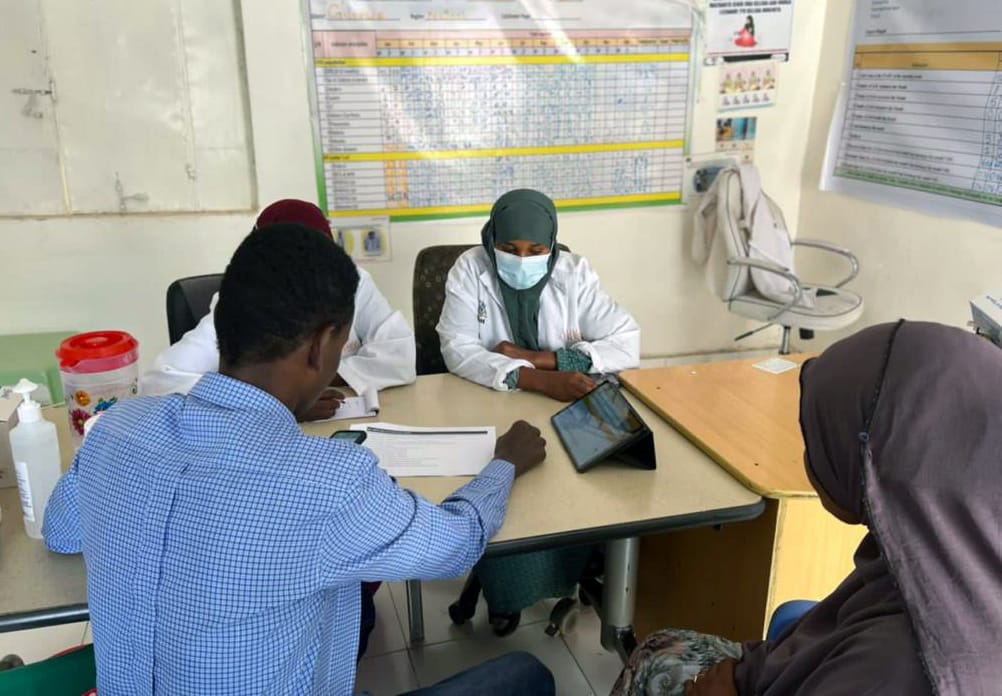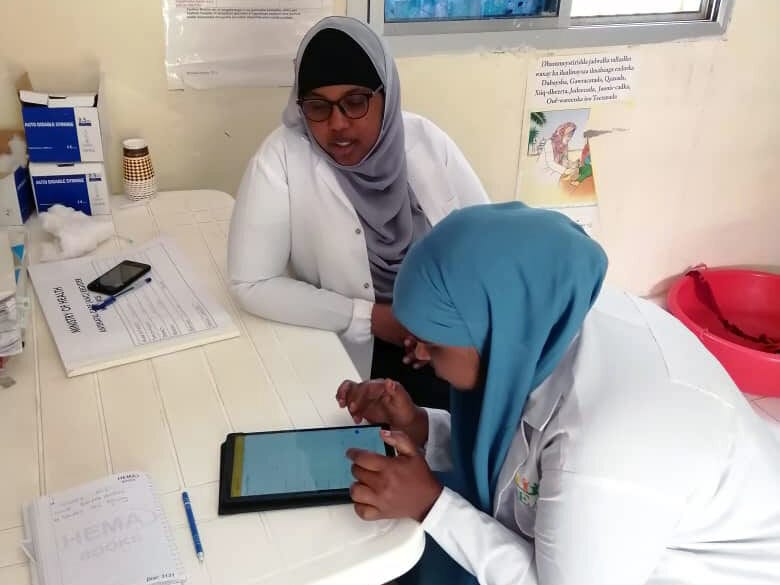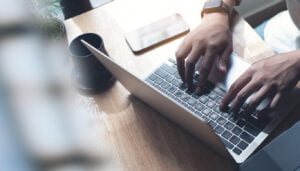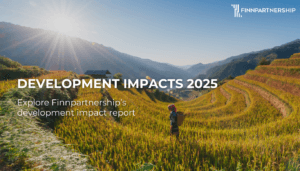Digital leap is also possible in maternal health in Africa

A digital clinic service developed by a Finnish company would take maternal health in Africa to a new level. Breakthrough of the new solution requires patience in Somalia.
Somalia has one of the highest infant and maternal mortality rates in the world. Even small improvements in maternal health services could make a big difference. With this in mind, a decade ago a Finnish company Suomen Kotilääkäripalvelu set out to develop digital maternal health services in Somaliland, Somalia.
“A digital application can replace handwritten registers at all levels of health care, which would substantially improve data collection and process management,” says Jani Korpela, CEO of Suomen Kotilääkäripalvelu.
A service tailored to local conditions
The company established a link with Somalia a decade ago when the International Organisation for Migration (IOM) asked Suomen Kotilääkäripalvelu to join a project that involved collecting antenatal data on the basis of a digital platform being developed for this purpose.
According to Korpela, it became clear from the very beginning of the project that the digital application had to be designed to be used by health professionals. Few mothers have a smartphone, and access to the app would not be possible in villages due to poor mobile connectivity. In addition, the majority of women in Somalia are illiterate. “We made the app as simple as possible so that it is easy to use and works even on weak connections,” said Korpela.
The app, called Nuonea, is used to monitor, record and analyse the health data of expectant mothers. It uses the open source DHIS2 software platform developed in Norway and which is recommended by the UN for collecting aggregated individual and population-level data in health care. “However, the digital application is only a small part of the project. At least 80 percent of it is managing health staff, increasing understanding and improving processes.”
Finnpartnership’s support encourages to continue
The IOM project ended in 2019, but the Somaliland Ministry of Health and Development asked Korpela’s team to continue the project. In the next phase, four clinics were selected where nursing staff used the Nuonea app to record data instead of handwritten documents.
Suomen Kotilääkäripalvelu received a financial grant from Finnpartnership to implement the pilot project. According to Korpela, the results of both pilots have been encouraging, and discussions with donor organisations have continued. “We have now been looking for funding for a couple of years to roll out the service on a large scale in Somaliland. I believe we are soon at the point where we can get the project off the ground.”
Korpela says that without the support of Finnpartnership and the Ministry for Foreign Affairs of Finland, the company would have given up in Somalia long ago. “Fortunately, we have had enough faith that it is actually possible to put something like this into practice. Finnpartnership’s financial grant has also been important. Even more important has been the credibility that the Finnish government’s support has brought to the project and the prestige of the Ministry for Foreign Affairs. They have opened doors for discussions in for example the World Bank and the UN.”

High demand for the service motivates to continue
For Jani Korpela, working in Somalia has taught him a lot about patience, as it takes time to get things moving in the local administration and to organise funding patterns. The great need for the development of maternal health motivates the company to continue.
In Somalia, maternal and child health information is recorded in pencil in notebooks carried by mothers and in clinic statistics. However, documentation of weights, heights and blood pressures is often missing, or it is incorrectly recorded by staff with inadequate training. “In general, mothers rarely visit the clinic. Some visit once, most not at all. Therefore, the need for a service to improve maternal health is infinite. However, the funding for the project should come from a donor, as the Somaliland government lacks the resources.”
Digital leap also possible in other health sector services
In addition to Somalia, Suomen Kotilääkäripalvelu has tested a digital maternal health service in Kenya and Namibia. The company also received financial grants from Finnpartnership for these projects.
According to Korpela, the pilot project in Kisi in western Kenya succeeded well. However, the health authorities in the state did not have the money to roll out the service more widely. “This would have required external funding,” says Korpela.
The digital service was also piloted in Namibia. There, the project was hampered by the corona pandemic that struck at the same time, and Suomen Kotilääkäripalvelu has no plans to continue in the country. “We have decided to focus on Somalia. The need and urgency to improve maternal health is so great there. I have yet to meet anyone who is not in favour of the widespread roll-out of the Nuonea service.”
In many African countries, a large part of financial transactions has moved to mobile phone applications. Korpela believes that similar digital leaps are possible in the health sector. “I believe that there are other uses for digital services like Nuonea beyond promoting maternal health.”
Images: Suomen Kotilääkäripalvelu Oy
Share on social media


